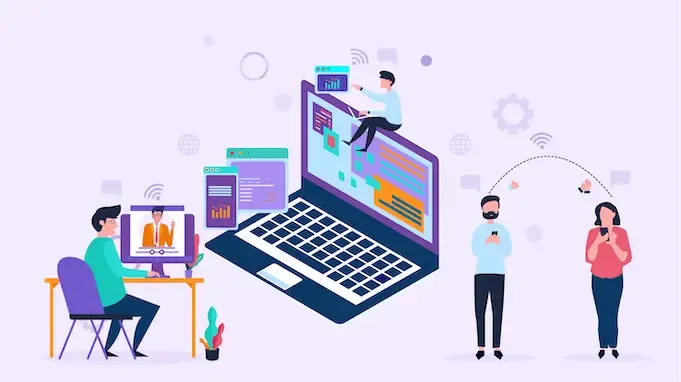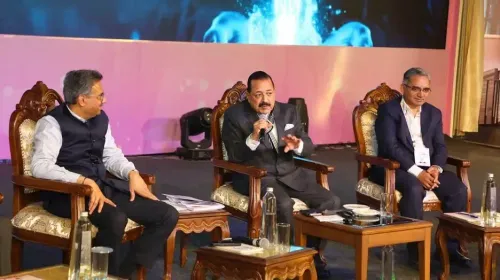Can Redesigning Roles Help Indian Employers Address Tech Talent Gaps?

Synopsis
Key Takeaways
- Role redesign can enhance workforce efficiency.
- Employers can save up to 17 hours monthly per tech professional.
- The strategy promotes upskilling within the existing workforce.
- Automation technologies like LLM chatbots are key to time savings.
- Understanding the future of work is critical for maintaining India's tech leadership.
New Delhi, May 7 (NationPress) As the technology sector undergoes transformation due to automation and AI, Indian employers are encouraged to adopt a strategy of 'role redesign' to address talent shortages and enhance competitiveness, as highlighted in a study released on Thursday.
The report from Pearson, a global education organization, examined how the technology workforce in India may evolve over the next five years in light of emerging technologies.
Focusing on five key and high-demand tech roles in India—system software developers, programmers, network architects, system architects/engineers, and system analysts—the study reveals that these essential workers could reclaim nearly half a day per week by 2029 simply by utilizing technology to augment and automate crucial tasks.
The study advocates for a creative and proactive approach from employers in redefining roles in order to leverage technology more efficiently, allowing employees to dedicate this extra time to upskilling.
“In the fast-paced digital economy of India, organizations must prioritize workforce development. Our findings indicate that by strategically redesigning roles instead of replacing them, employers can derive substantial value from their current teams,” stated Vinay Kumar Swamy, Country Head of Pearson India.
This approach enables employers to better utilize their existing workforce, addressing talent needs internally while providing job flexibility and security for these vital employees.
“With potential monthly time savings of up to 17 hours per tech professional by 2029, the goal is not only to bridge talent gaps but also to fundamentally reshape the nature of work. Pearson envisions role redesign as a progressive strategy that harmonizes people, productivity, and innovation, crucial for maintaining India’s leadership in the global tech arena,” Swamy added.
By analyzing the effects of automation and new technologies on tech roles, the study identified that LLM chatbots (like Copilot or ChatGPT) and RPA for internal processes (software robotics) offer significant time-saving potential.
Considering the impact on hours spent on tasks within these roles weekly, the research found that between 2.5 and 3.9 hours could be saved in five years. This presents an opportunity to reevaluate how roles are organized and redefine what “core” tasks should remain with human employees.










